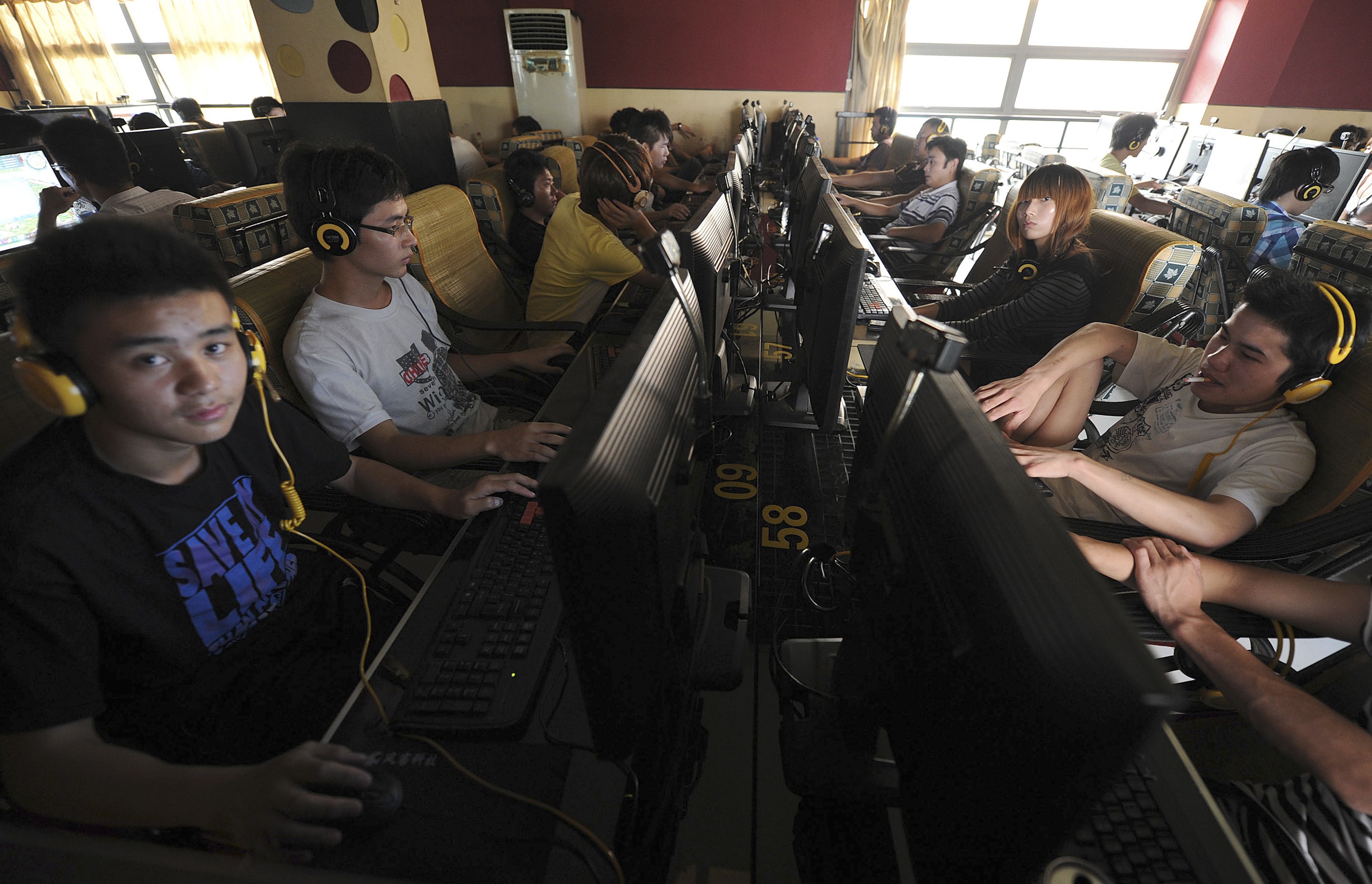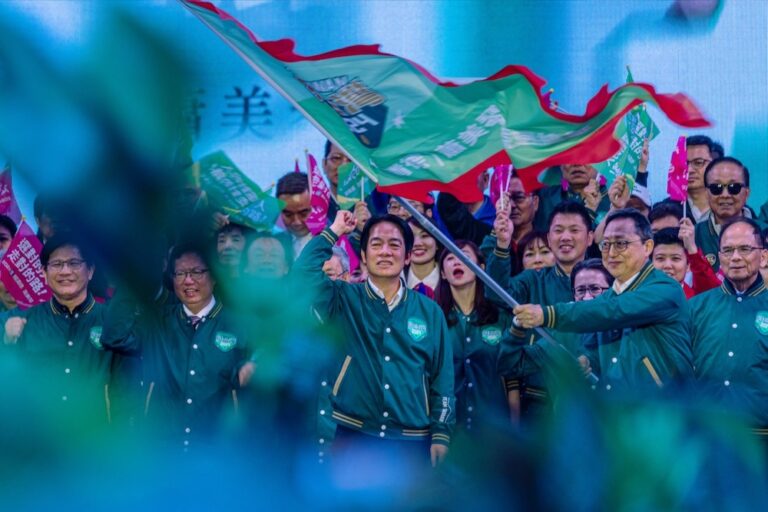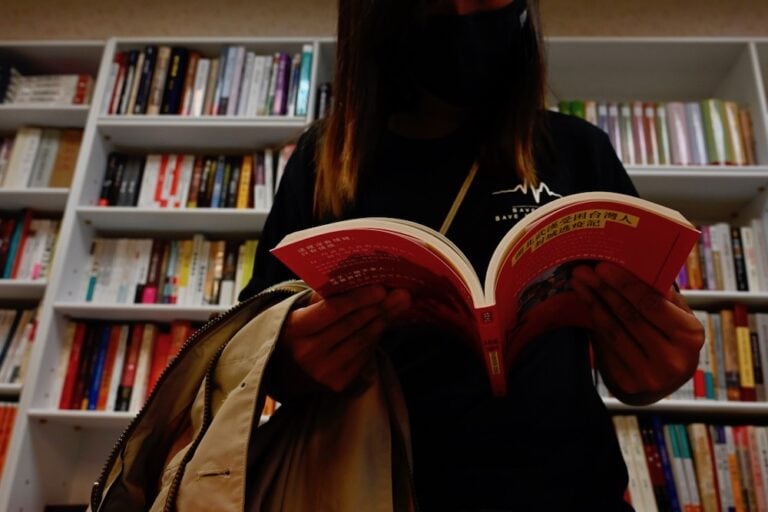The IFJ, HKJA and ICA contend that if revisions are not made to the National Security Law, the new law will serve to further suppress press freedom and peoples' right to access information in China.
This statement was originally published on ifj.org on 3 June 2015.
The International Federation of Journalists (IFJ) and its affiliate the Hong Kong Journalists Association (HKJA), along with the Independent Commentators Association (ICA) have called for urgent revisions to be made to the National Security Law which was released by the Standing Committee of the National People’s Congress last month.
The group contends that if revisions are not made to the National Security Law, the new law will serve to further suppress press freedom and peoples’ right to access information in China.
On May 5, 2015, the National People’s Congress Standing Committee posted the National Security Law (Second Review Draft) as well as the Overseas Non-Governmental Organizations Management Law (Second Reading Draft) on its official website.
The IFJ has made a submission to the National People’s Congress Standing Committee on the National Security Law as well as two joint submissions with HKJA and ICA on the National Security Law (in relation to Hong Kong media independence) and the Overseas Non-Governmental Organizations Management Law (Second Reading Draft) in relation to human rights organisations.
The IFJ said while it respects the sovereignty of China to enact laws to protect its territory in terms of security, it has outlined a number of key issues in the draft security law which it sees will endanger and create hardship for local and foreign media operating in China. The IFJ contends the law in its current form will also jeopardize the development of a free press and civil society in China.
In its submission to the National People’s Congress standing Committee, the IFJ expresses its deep concerns regarding many vague definitions, as well as a lack of adequate protection of press freedom, freedom of expression and access to information. It suggests for more precise definitions in a number of clauses and that the removal of others which would violate conventions on access to information and impede media freedom. See the full submission and the IFJ recommendations.
The IFJ said: “The media has a duty to report cases of significant public interest, not to act as a mouthpiece for those in positions of power and authority which may undermine the search for truth. It is critical that the media role to inform and seek information is clearly defined and protected.”
Nevertheless, the IFJ is pleased to note that Article 7 of the draft law states to “respect and protect human rights, and protect citizens’ rights and freedom in accordance with law”. However, it calls for stronger protections in the draft law on press freedom, freedom of expression and access to information among its additional recommendations.
Furthermore, IFJ affiliate in Taiwan, the Taiwan Journalists Association (TJA), is also deeply concerned that the draft will intervene with Taiwan’s autonomy. In the statement by TJA it was said that if the law was implemented in its current form, journalists in Taiwan would also bear a high risk despite merely exercising their duties to report. They have demanded the President of Taiwan to take up the case.
In its joint submission on the Overseas Non-Governmental Organizations Management Law (Second Reading Draft), the IFJ, HKJA and ICA express concern regarding the draft law’s apparent aim at controlling the development of civil society instead of providing a strong foundation from which civil society can grow.
“We recognise that if the draft law is enacted in its current form, it clearly departs from the Special Rapporteur Maina Kiai’s report to the Human Rights Council in June 2013 that allows for the existence of unregistered associations,” the group said.
The same report (A/HRC/23/39) contends that undue restrictions to funding, including percentage limits, is a violation of the right to freedom of association and of other human rights instruments, including the International Covenant on Economic, Social and Cultural Rights. It also says that both registered and unregistered associations should be able to seek, receive and use funding and other resources without prior authorization or other undue impediments.
The IFJ strongly suggests that the National People’s Congress Standing Committee re-commence consultations with the public as well as local and international stakeholders before any law is enacted. It also recommends that the report from Special Rapporteur Maina Kiai (A/HRC/23/39) be formally adopted.
Lastly, the IFJ has collaborated with the HKJA and ICA in producing a joint submission to express concerns on Hong Kong’s media under the draft National Security Law, instead calling for a “one country, two systems” approach that takes into consideration the different political and media landscape in Hong Kong.
The IFJ urges the National People’s Congress Standing Committee to sincerely consider the points and recommendations of the media and the IFJ in the submissions, as well as submissions from other international organisations.



